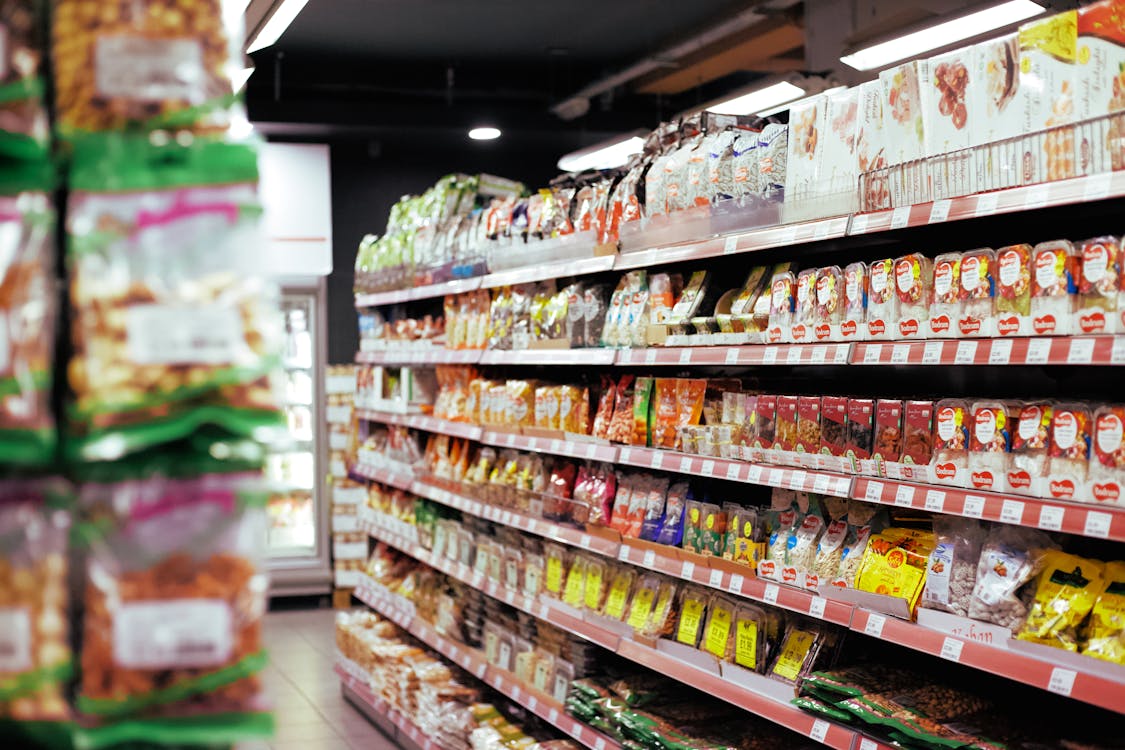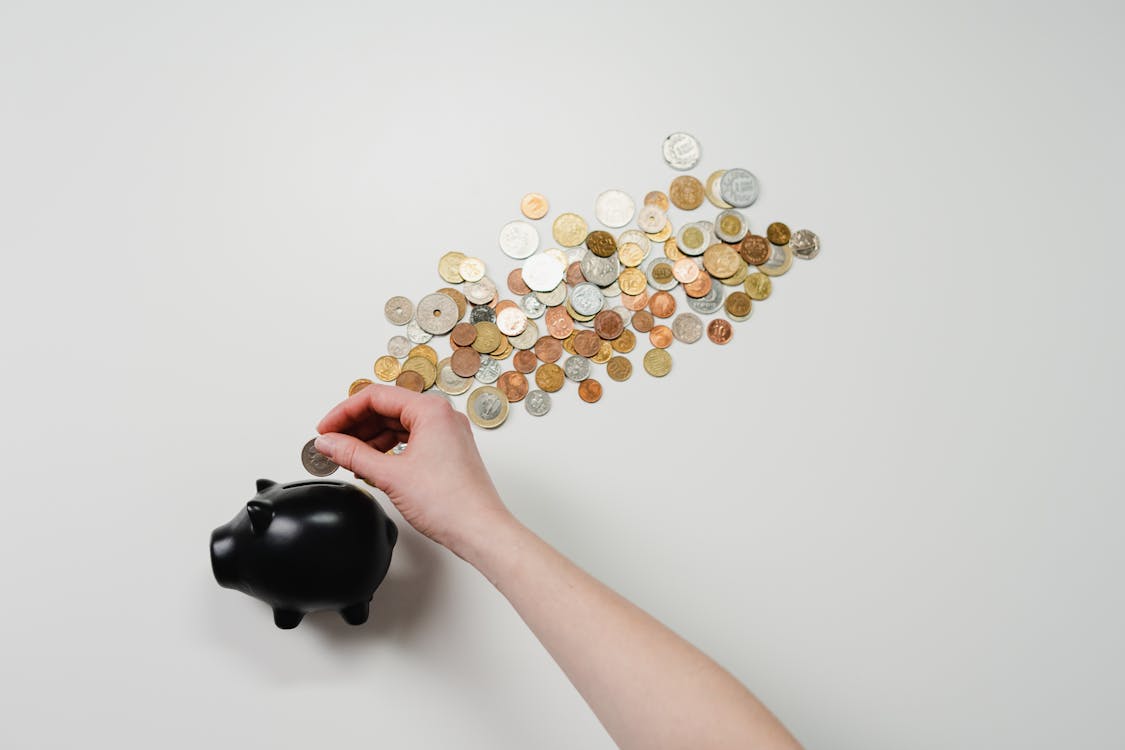There are two kinds of shoppers: those who buy the bare minimum of what they need to get by from week to week (or month to month) and those who buy in bulk. Since many of us tend to live on a budget, finding the best deals on everything we buy is essential. And it doesn’t matter how much we’re buying. What matters to us, in the long run, is how much we’re saving.
To determine if you’re someone who would benefit from buying in bulk, simply figure out how much you use any particular item and how much you’re currently paying. Now compare these prices with current bulk prices to see how much money you could save by making bulk purchases. Multiplied over time, the savings can be significant.
Why Buy in Bulk?
Besides the obvious savings (and not just bulk buy savings), you’re saving time when you buy in bulk because you’re making fewer trips to the store. If you’re someone who drives many miles to do your shopping, you’ll also save gas money, which can add to your overall savings.
Furthermore, when you buy in bulk, you’re doing your part to help save the earth. Less packaging means less waste, and less driving means less fossil fuel. It’s a win/win that’s good for the planet and your wallet.
What To Buy?
Most food-related bulk purchases tend to be healthy, a definite advantage for those shopping on a budget. For example, dry beans, rice, pasta, and spices are considered great bulk buys, all of which provide many nutritional qualities. They also store well. Other food items to buy in bulk include nuts, dried foods, sugars, flours, coffee, tea, and honey.
If there happens to be a great deal on fresh berries, peppers, or some other produce items, you can freeze them. For example, buying onions and peppers in bulk to store in the freezer for later is a brilliant idea. Not only will it save you money, but it will save time on food prep too. Then, when you get them home, chop, mince, or dice the peppers and onions and place them into premeasured bags. Now you can easily add them to homemade soups, stews, casseroles, and other thrifty recipes on demand.
With berries, simply wash them and freeze them whole, taking care to remove as much air as possible from the container before placing it in the freezer. You can also do this with any type of fruit (bananas, for example) and use the premeasured bags to create smoothies, jams, or desserts.
Frequently used non-food items to buy in bulk include:
- Toothpaste
- Trash Bags
- Cleaning Supplies
- Shampoo
- Detergent
- Toilet Paper
- Paper Towels
- Light Bulbs
- Hand Soap
- Deodorant
- Batteries
Note: Some foods are not worth buying in bulk. For example, cooking oils can start to go bad in as little as three months, most condiments in six months, and both baking soda and baking powder tend to lose their leavening abilities after just four or five months.
Where to Buy in Bulk
Surprised to hear those big bulk stores aren’t always cheaper? That’s what they’re there for, right? To save people lots of money when they buy in bulk. Most people are familiar with the large chain warehouses like Costco and Sam’s Club. While mega-stores specialize in offering their customers bulk items at a discount, there are other options.
Although prices for bulk purchases tend to be a good deal at these large chain superstores, it’s worth trying to visit some of your local neighborhood grocery stores to see what they can do for you. Online places like Amazon tend to offer some excellent bulk buying deals too.
You can also check into food co-ops. This shopping model is becoming increasingly popular since the pandemic. Co-ops are like mini grocery stores that are member-owned. Instead of buying at the supermarket, you would purchase from your own store. Joining one of these local organizations can open up new possibilities for bulk buying.
Got Room?
Before taking the time to shop for great bulk-buying deals, be sure you have a place to store them. If you live in a house, you probably have room in the basement that would be perfect for storage. However, if you live in an apartment, you will have less space, so you’ll need to get creative. Be sure to keep this in mind if you happen to spot a deal that requires a lot of room for storage.
Storing your newly purchased bulk items in a cool dark place is your best bet, especially for dry foods like flour, pasta, dry cereal, beans, and powdered milk. Mason jars are a great storage choice, as well as thick plastic bags or plastic storage containers.
The key here is using something that provides a tight seal to ensure the product stays viable for more extended periods of time. Also, it’s sometimes difficult to distinguish various food items that look similar, like flours. Labels make it easy to see at a glance what’s inside, even if you do use see-through storage.
Be sure that your containers are food-safe, too. You would not want toxic chemicals leaking into your food.
Bulk Buying Tips
The following are a few useful tips for buying in bulk:
- If you’re not sure if a store will sell you bulk items, simply ask the store manager. They may give you a bulk discount on whatever it is that you need.
- If you happen to find an exceptionally great deal, do not hoard it if you’re not sure you’re going to use all of it; otherwise, you’re wasting both money and product. Instead, be polite and save some for another person.
- Looking at the price per pound, unit, etc., is going to tell you whether the bulk buy is worth it or not.
- Don’t forget. You can store pet food in a large trash can (with a tight-fitting lid to keep critters out).
- Adding the date to the label makes it easy to see how quickly (or how slowly) you’re using your bulk items.
- Make notes! Did you buy too much of something? Ask friends and family to go in with you next time. This way, everyone saves a little extra cash.
No Extra Cash for Bulk Buying?
If you’re strapped for cash, bulk buying may be impossible. The initial cost could be more than you can reasonably afford on a limited budget. In this case, getting a side job or making some extra money online may be an option.
Think about what you’re good at and try to get one small gig a week, like house cleaning or dog walking. Then, take that extra and use it to build up your stockpile of bulk items. Many people turn to side hustles like paid online surveys to help them afford the extras that aren’t in their regular budget. Surveys are easy, fast, and you can do them in your own time.
Closing Thoughts
Because buying in bulk can easily save you hundreds of dollars every year, it’s definitely worth your time looking into your current bulk buying options. It’s possible you can save even more by simply knowing what the best items are to buy in bulk, as well as where you can find the best bulk deals in your area.













